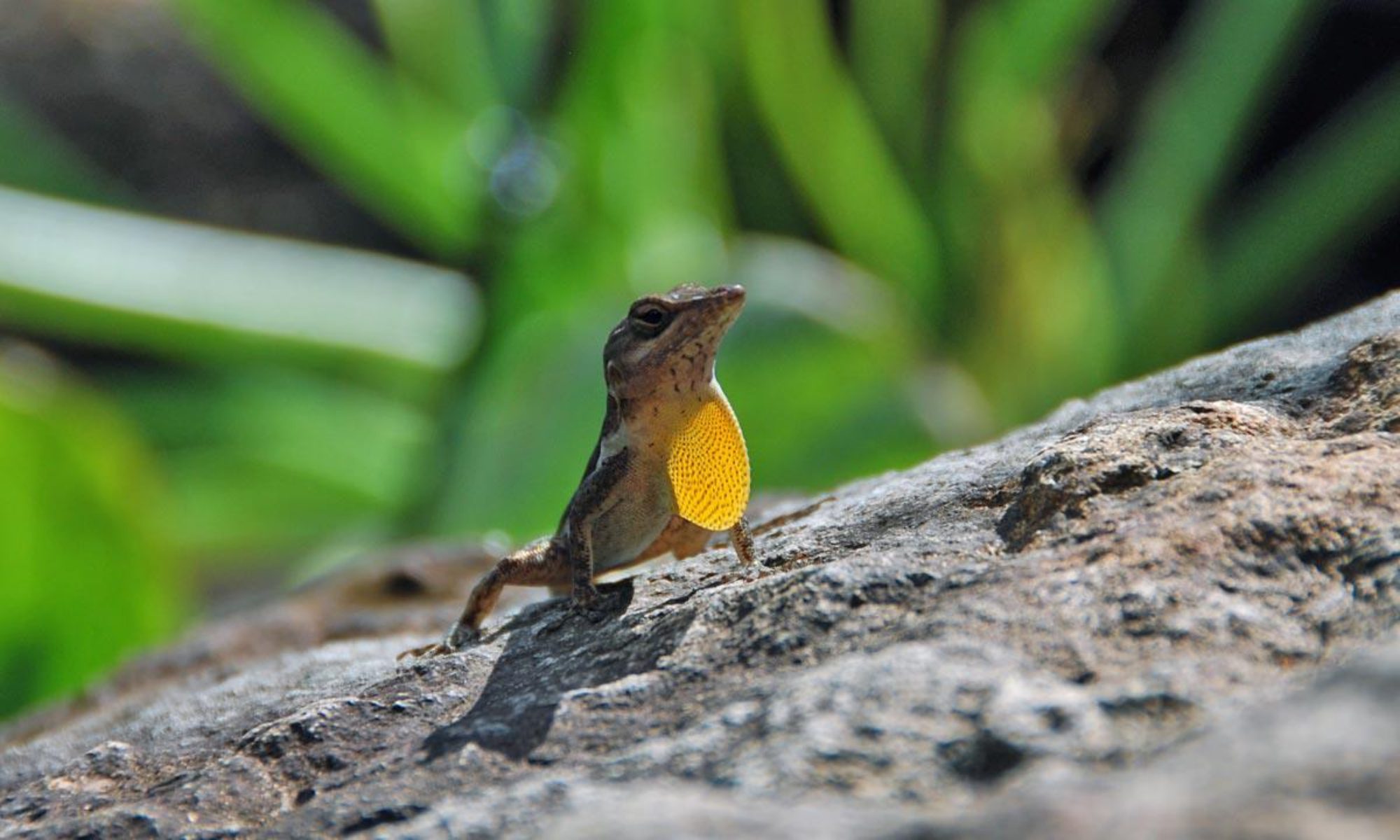Gardening in the tropics can be a challenge; we have to compete with large animals who climb better than us (iguana and monkeys), animals who spot ripe fruit better than us (birds), and animals that dig up our carefully planted seeds (crabs and lizards). On top of that, our amazing year round climate misses out on the annual freeze that helps control bug populations in many countries. Then we also have what mother nature can throw at us – drought and hurricanes.
However, don’t let that deter you. Gardening can be fun and rewarding, as long as you keep an open mind and a sense of humor when the monkeys have finished off all of your vegetables before the sun comes up!
Permaculture:
Permaculture is the integration of permanent agriculture and culture. The word is a portmanteau coined by Bill Mollison, an Australian biologist, researcher, teacher, and author. Permaculture aims to take farming back to basics – growing food without reliance on our limited resources. You work with nature, instead of against it by encouraging indigenous culture and native or endemic plants and habitats.
In the Caribbean, a wide spread form of permaculture has developed organicaly. A Rastafarian garden integrates nature with culture, and the Ital way of life is about feeding the body and nourishing the soul with vitality, kindness, and respect.
In permaculture, water is collected from the roofs of any dwellings, and the garden is laid out with swales and reservoirs to slow down and collect rainwater runoff. Plants are selected to be able to grow with minimum input.
Top-dressing with home made compost and mulch helps encourage beneficial bugs and bacteria, while flowers and fruit attract beneficial bees, butterflies, and birds. Pests are controlled with natural means rather than pesticides.
Energy use is kept to a minimum, and most things are done by hand. Earthworms thrive in a permaculture environment, and they do most of the work for us, drawing nutrients deeper into the soil.
Any animals that are kept compliment the landscape, rather than relying on imported food. Chickens are a good example – they help control bugs and weeds, while providing valuable fertilizer and fresh eggs.
In the Caribbean, integrating agriculture, the environment, and culture was the normal way of life up until very recently. No backyard was complete without pigeon peas, mango trees, a few chickens, and a bush tea garden.

